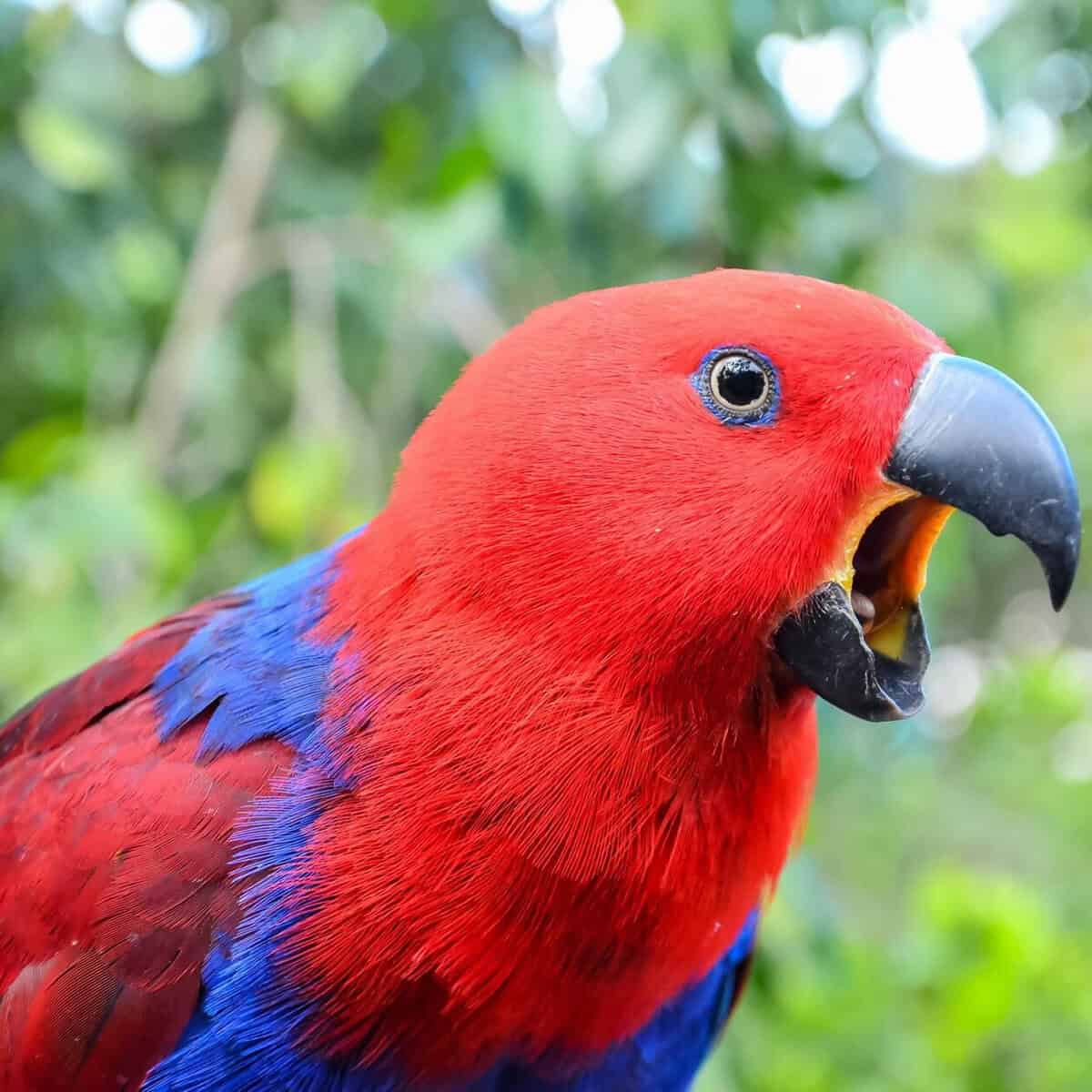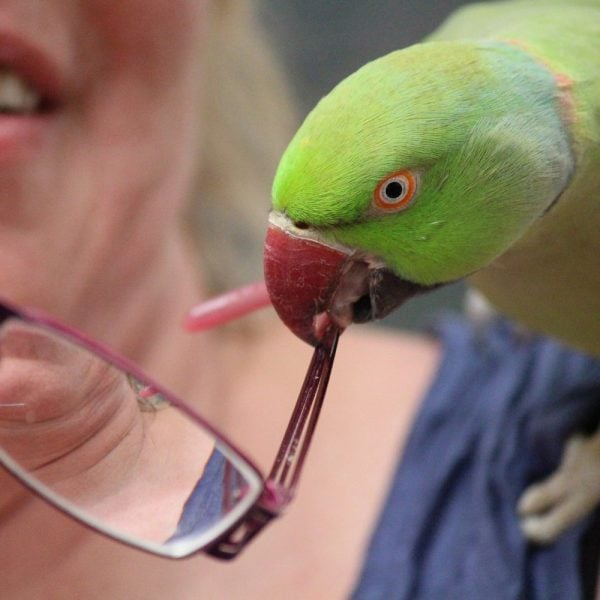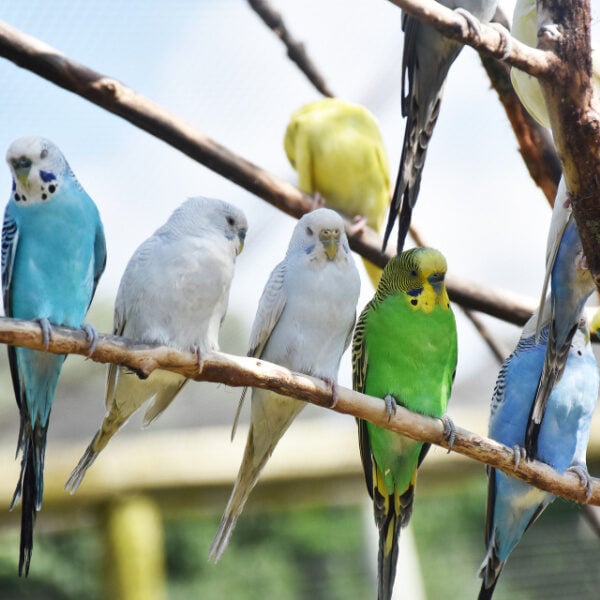Last Updated on by Mitch Rezman
Handling behavioral issues like biting or excessive screaming in birds involves understanding the underlying causes and implementing appropriate solutions.
Here’s a detailed guide:
1. Understand the Cause
Behavioral issues often stem from:
- Fear or stress: Changes in the environment, unfamiliar people, or perceived threats can trigger defensive behaviors.
- Boredom or lack of stimulation: Birds are intelligent and need mental and physical engagement.
- Medical issues: Pain or discomfort might cause aggression or increased vocalization.
- Poor socialization or training: Birds not accustomed to human interaction may exhibit undesirable behaviors.
- Attention-seeking: Screaming, in particular, is a common way for birds to get attention.
2. Address the Root Cause
- Rule out medical problems: If the behavior is sudden or unusual, consult an avian veterinarian to ensure there are no underlying health issues.
- Assess the environment: Ensure the bird has enough space, appropriate perches, toys, and minimal stressors like loud noises or sudden changes.
3. Positive Reinforcement Training
- Reward desired behaviors: Use treats, praise, or attention to reinforce calm and positive behaviors. For example:
- Reward quiet moments when addressing screaming.
- Reward gentle interactions when working on biting.
- Ignore unwanted behaviors: Avoid reinforcing bad behaviors by giving attention. For example:
- Leave the room or turn your back during a screaming episode.
- Stay calm and avoid reacting strongly to a bite.
4. Establish a Routine
Birds thrive on predictability. A consistent feeding, play, and sleep schedule can reduce anxiety and unwanted behaviors.
5. Provide Enrichment
- Toys: Rotate toys to prevent boredom. Include foraging toys and puzzle feeders.
- Social interaction: Spend quality time interacting with your bird daily.
- Exercise: Allow for out-of-cage time to encourage physical activity.
6. Specific Strategies for Common Behaviors
- Biting:
- Avoid sudden movements or forcing interactions that could provoke fear or aggression.
- Train your bird to step up onto a perch instead of your hand if it’s aggressive.
- Gradually desensitize the bird to situations that trigger biting.
- Excessive Screaming:
- Identify and address triggers such as hunger, loneliness, or boredom.
- Use a verbal cue like “quiet” and reward silence immediately after the screaming stops.
- Ensure the bird has enough mental and physical stimulation during the day.
7. Seek Professional Help
If the behaviors persist, consult an avian behaviorist or trainer. They can provide tailored advice and help you implement effective strategies.
8. Be Patient and Consistent
Changing behavior takes time. Stay consistent with training and positive reinforcement to build trust and encourage positive habits.
By understanding your bird’s needs and providing a supportive environment, you can minimize behavioral issues like biting or screaming effectively.
Written by Mitch Rezman and the Windy City Parrot Content Team
Author Profile
Latest entries
 Feeding Exotic BirdsDecember 29, 2025How to Switch or Convert Your Bird From Seeds to Pellets: Real-Life Case Studies and Practical Guidance
Feeding Exotic BirdsDecember 29, 2025How to Switch or Convert Your Bird From Seeds to Pellets: Real-Life Case Studies and Practical Guidance Feeding Exotic BirdsDecember 16, 2025A Practical, Budget-Smart Guide to Feeding Birds Well
Feeding Exotic BirdsDecember 16, 2025A Practical, Budget-Smart Guide to Feeding Birds Well Bird EnviornmentsDecember 7, 2025Understanding Budgie Cage Bar Orientation: Myths, Realities & Practical Solutions for Vertical-Bar Bird Cages
Bird EnviornmentsDecember 7, 2025Understanding Budgie Cage Bar Orientation: Myths, Realities & Practical Solutions for Vertical-Bar Bird Cages Feeding Exotic BirdsDecember 5, 2025How Dr. T.J. Lafeber Rewrote the Future of Pet Bird Nutrition
Feeding Exotic BirdsDecember 5, 2025How Dr. T.J. Lafeber Rewrote the Future of Pet Bird Nutrition



